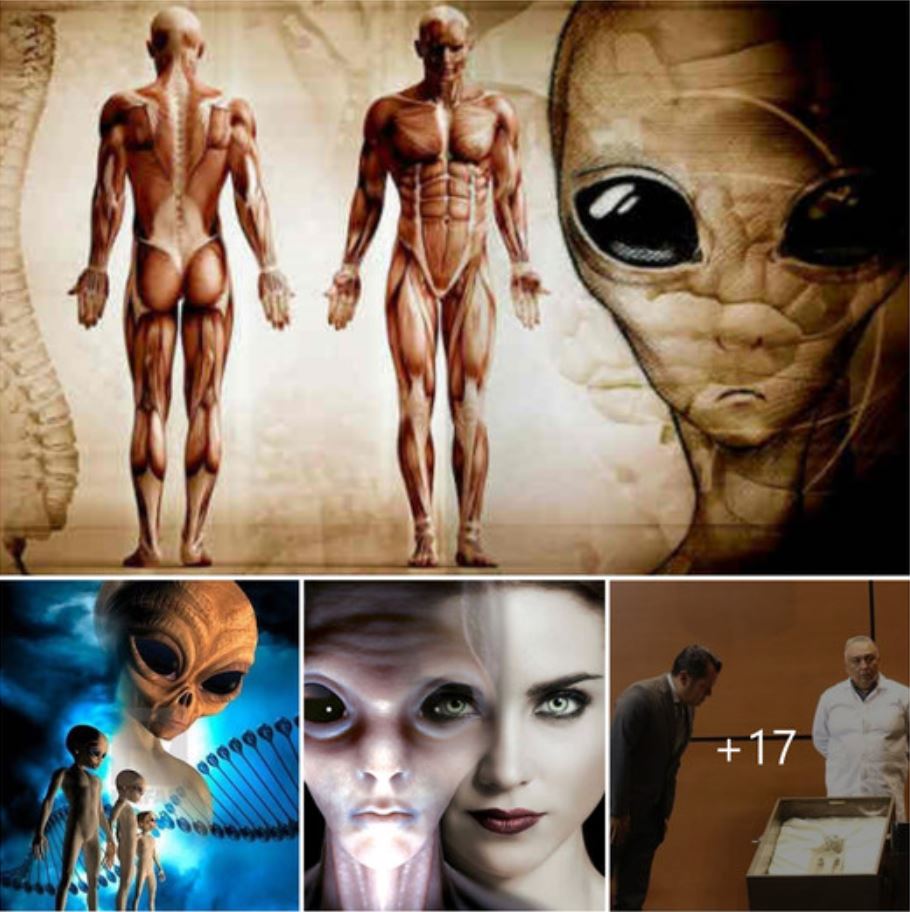The origin of human life has been a subject of fascination and debate for centuries. While the scientific community predominantly supports the theory of evolution, an intriguing hypothesis has emerged from some fringe researchers and theorists: the idea that humans were created by extraterrestrial beings using the genetic material of 22 different alien races. This theory, while controversial and widely debated, opens up fascinating possibilities for the understanding of human existence and our place in the cosmos.
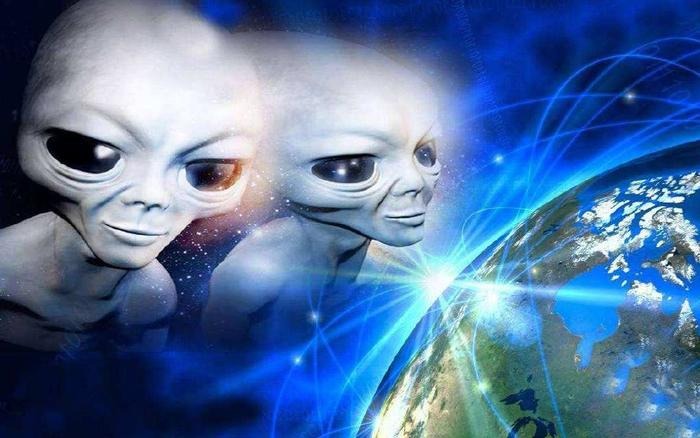
The Foundation of the Theory
The theory that humans were created by aliens with the genetic material of 22 different races finds its roots in ancient astronaut theories and various esoteric beliefs. Proponents argue that certain anomalies in human DNA, as well as historical records and myths, support the idea of extraterrestrial intervention in human evolution.
1. Ancient Texts and Mythologies: Many ancient cultures have stories of gods or celestial beings descending from the skies and interacting with humans. These narratives, found in Sumerian, Egyptian, and Mesoamerican texts, are interpreted by some as evidence of extraterrestrial visitation and genetic experimentation.
2. Genetic Anomalies: Some researchers point to specific aspects of human DNA that they believe are too complex to have evolved naturally within the given timeframe. They argue that these anomalies suggest a deliberate design, possibly by advanced alien civilizations.
3. Unexplained Structures and Technologies: The construction of ancient structures like the Pyramids of Giza, Stonehenge, and the Nazca Lines, which exhibit advanced knowledge of engineering and astronomy, is cited as potential evidence of alien influence. Proponents suggest that these civilizations may have been guided or genetically modified by extraterrestrial beings.
The Hypothetical Alien Races
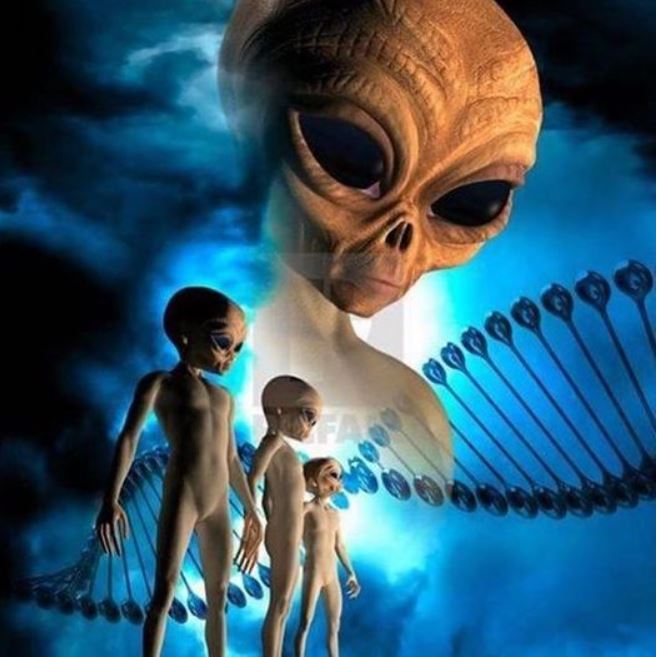
The idea that 22 different alien races contributed to human genetics comes from various channeled messages and alleged contact experiences reported by individuals. According to these accounts, each race contributed unique traits and abilities to the human genome:
1. Lyrans: Believed to be among the oldest known extraterrestrial races, Lyrans are said to have contributed to human physical strength and endurance.
2. Pleiadians: Often described as peaceful and spiritually advanced, Pleiadians are thought to have added elements of empathy and creativity.
3. Arcturians: Known for their advanced technology and wisdom, Arcturians are believed to have enhanced human intelligence and technological ingenuity.
4. Orions: With a reputation for strategic thinking and scientific knowledge, Orions are said to have contributed analytical and problem-solving abilities.
5. Zeta Reticulans (Greys): Commonly associated with genetic experimentation, Greys are believed to have contributed to advancements in human genetic structure and medical knowledge.
These are just a few examples, and each of the 22 alleged races is said to have played a specific role in shaping human evolution.
Implications for Understanding Human Existence
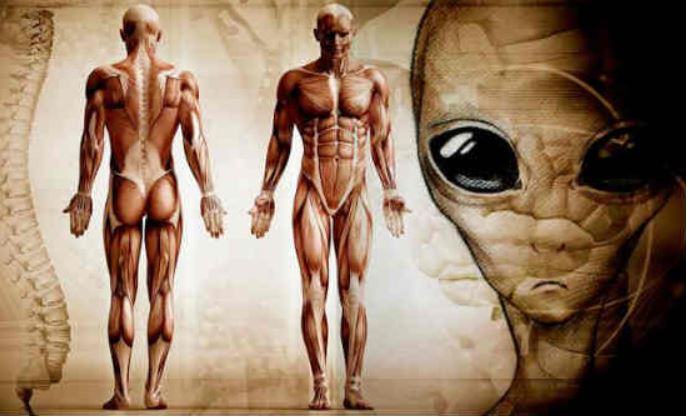
If the hypothesis that humans were created by aliens using genetic material from 22 different races were true, it would have profound implications for our understanding of human existence and our place in the universe:
1. Revised History: Human history would need to be rewritten to include the influence of extraterrestrial beings. This would alter our understanding of ancient civilizations and their accomplishments.
2. New Origin Story: The theory challenges the conventional narrative of human evolution, suggesting that our origins are far more complex and intertwined with the cosmos than previously thought.
3. Spiritual and Philosophical Impact: The idea of being part of a larger cosmic family could transform spiritual and philosophical beliefs, fostering a sense of unity with other intelligent beings in the universe.
4. Scientific Advancements: Understanding and potentially replicating the advanced genetic techniques of these extraterrestrial races could lead to groundbreaking advancements in medicine, technology, and genetic engineering.
Scientific Scrutiny and Skepticism
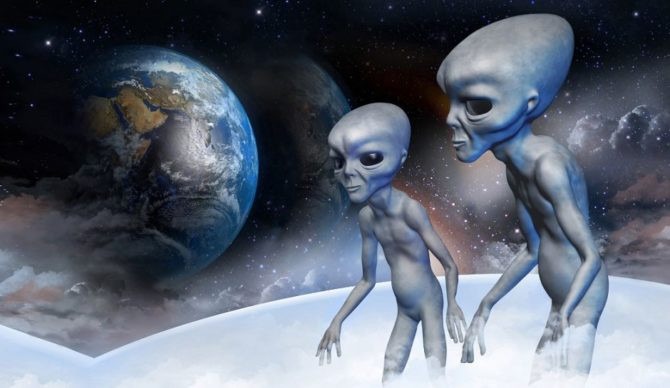
While the theory of extraterrestrial creation of humans is fascinating, it faces significant skepticism and criticism from the scientific community:
1. Lack of Empirical Evidence: The hypothesis lacks concrete evidence that can be tested and verified through scientific methods. Most of the supporting claims are based on anecdotal accounts and interpretations of ancient texts.
2. Occam’s Razor: The principle of Occam’s Razor suggests that the simplest explanation, which is currently the theory of evolution, is more likely to be correct. The introduction of 22 alien races complicates the narrative without providing tangible proof.
3. Scientific Consensus: The majority of geneticists and anthropologists support the theory of evolution based on extensive fossil records, genetic research, and observable natural processes.
The theory that humans were created by aliens using genetic material from 22 different races is a captivating hypothesis that challenges our understanding of human origins and the broader questions of existence. While it remains controversial and lacks empirical evidence, the idea stimulates discussion and exploration of our place in the universe. As we continue to advance in science and technology, perhaps one day we will uncover definitive answers about our origins, whether they lie within the realm of evolution, extraterrestrial intervention, or a combination of both. Until then, the quest for understanding continues to inspire curiosity and wonder.
